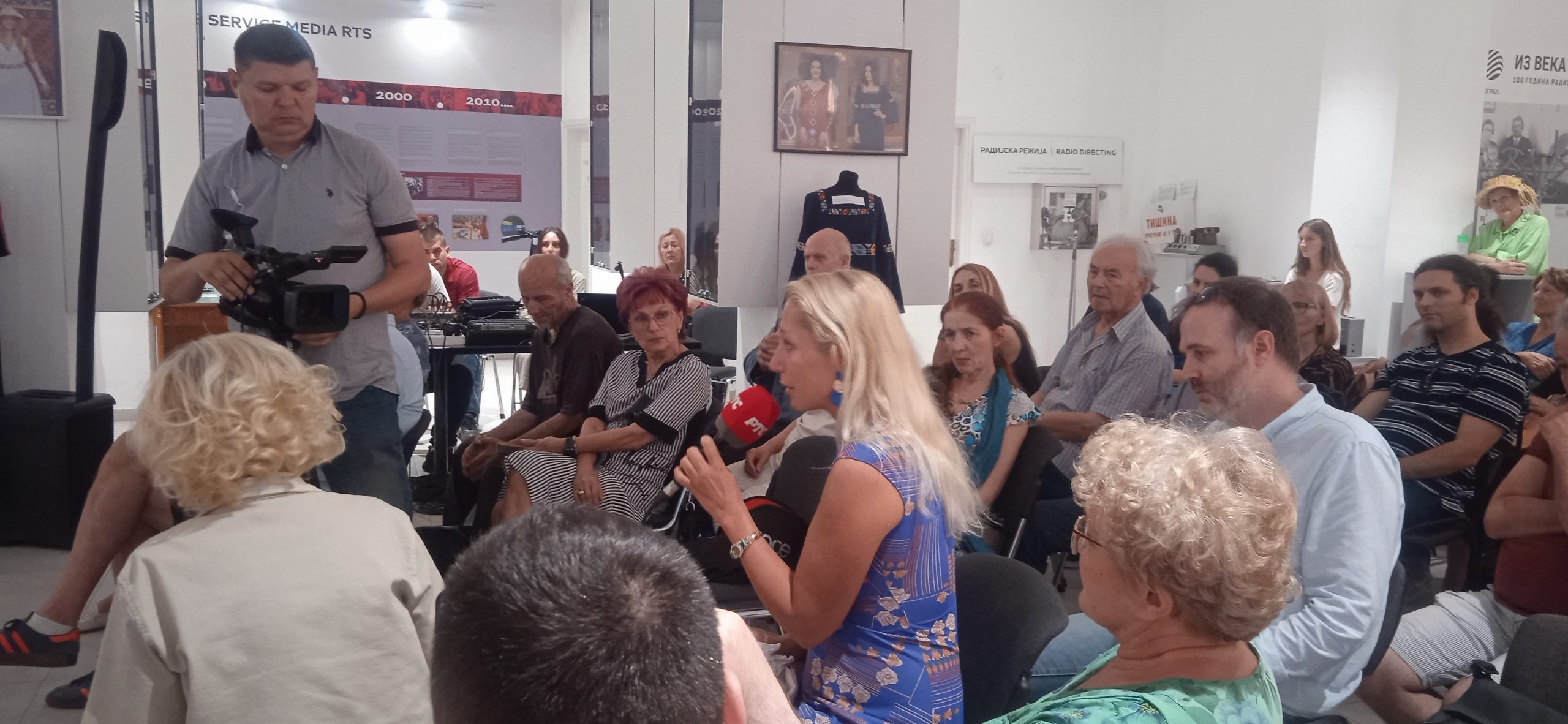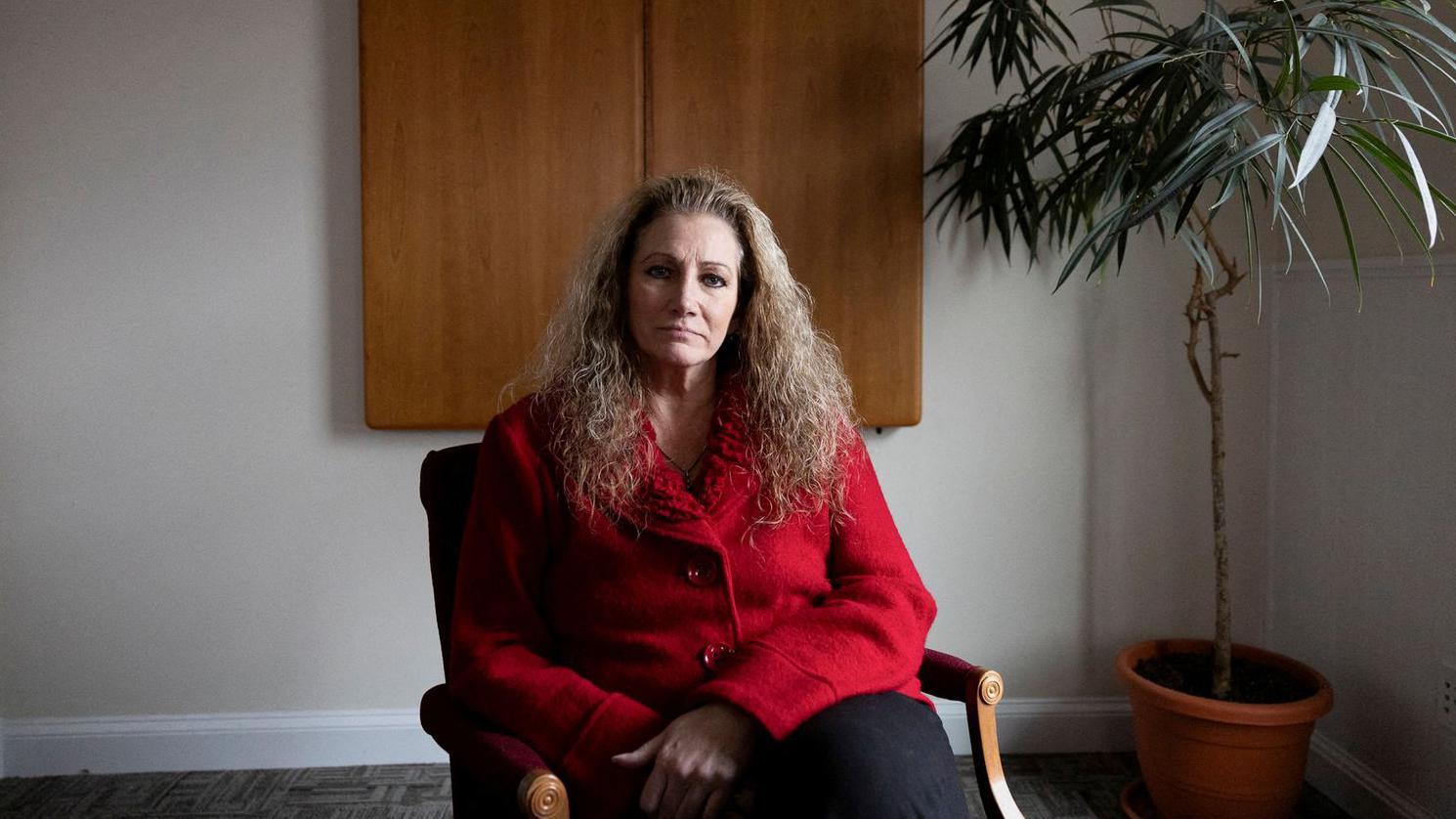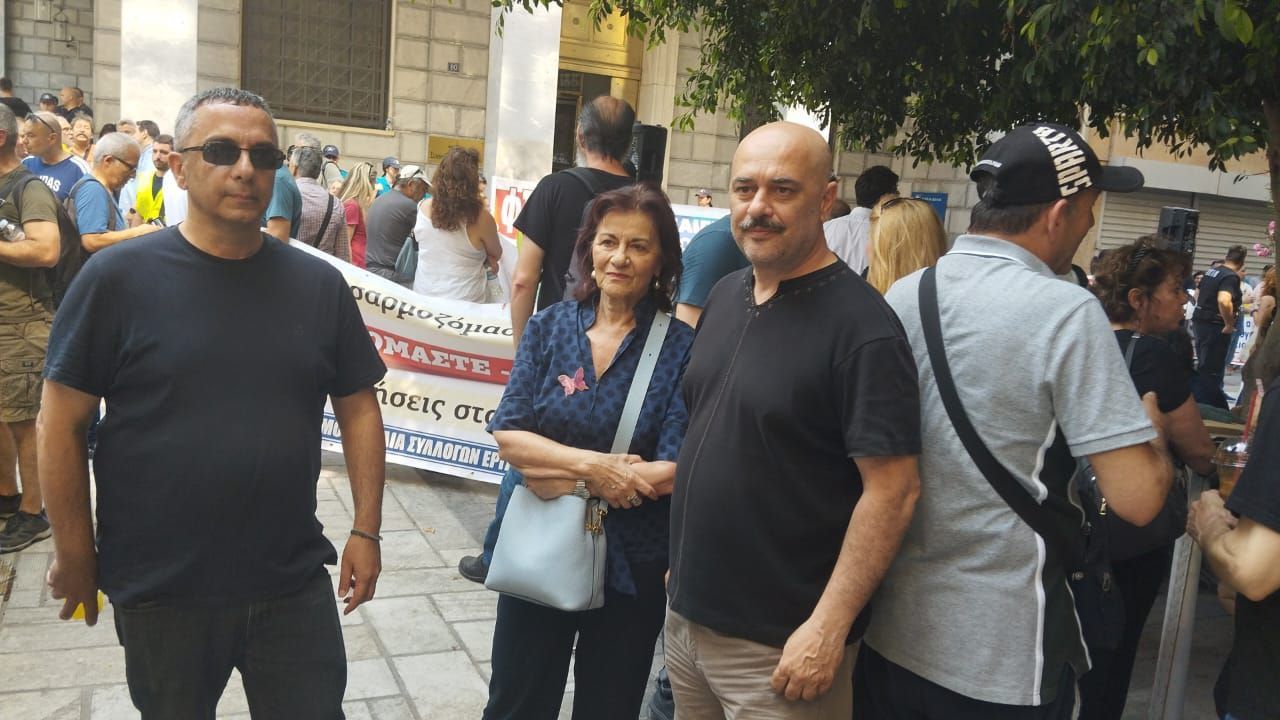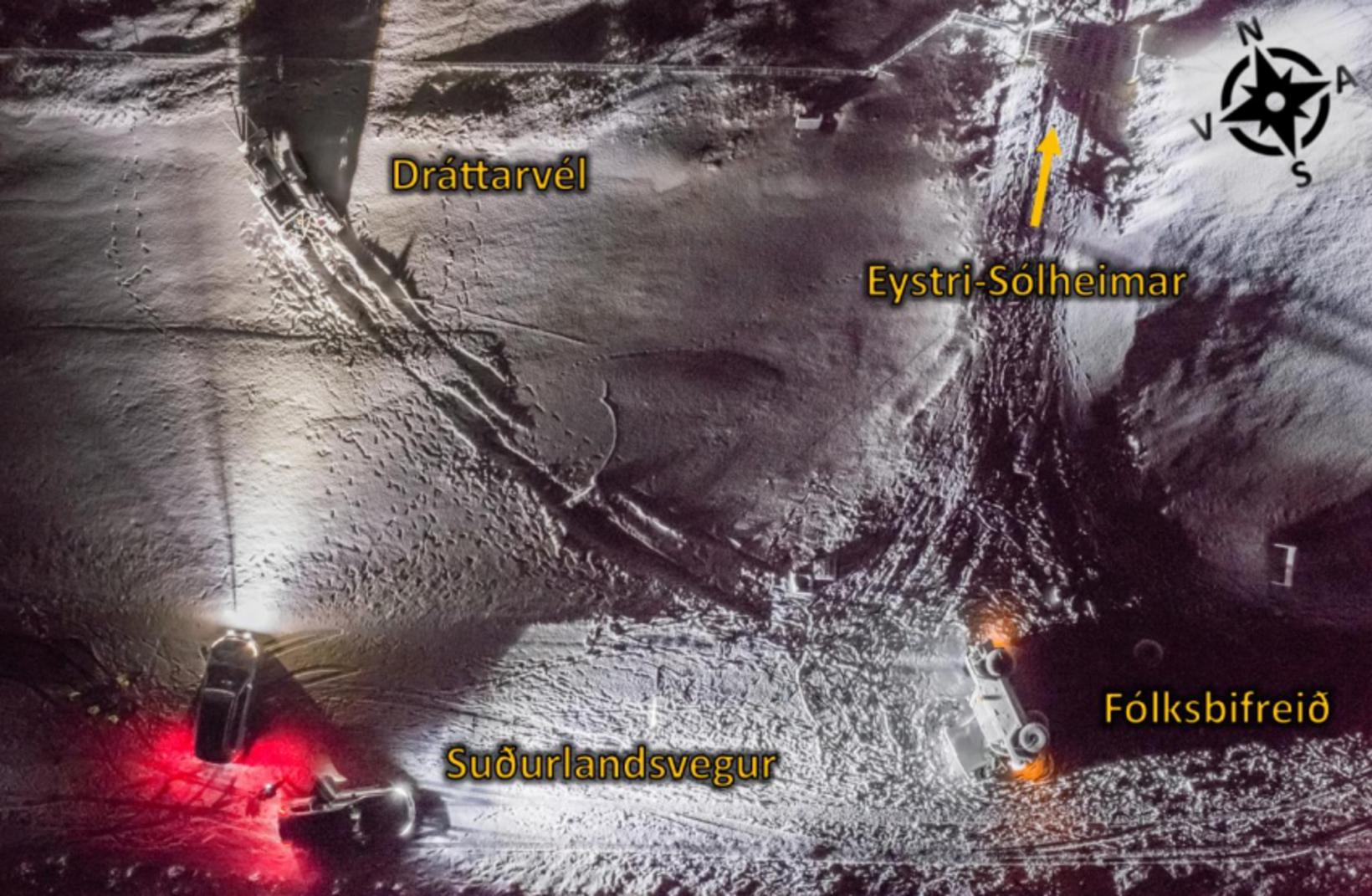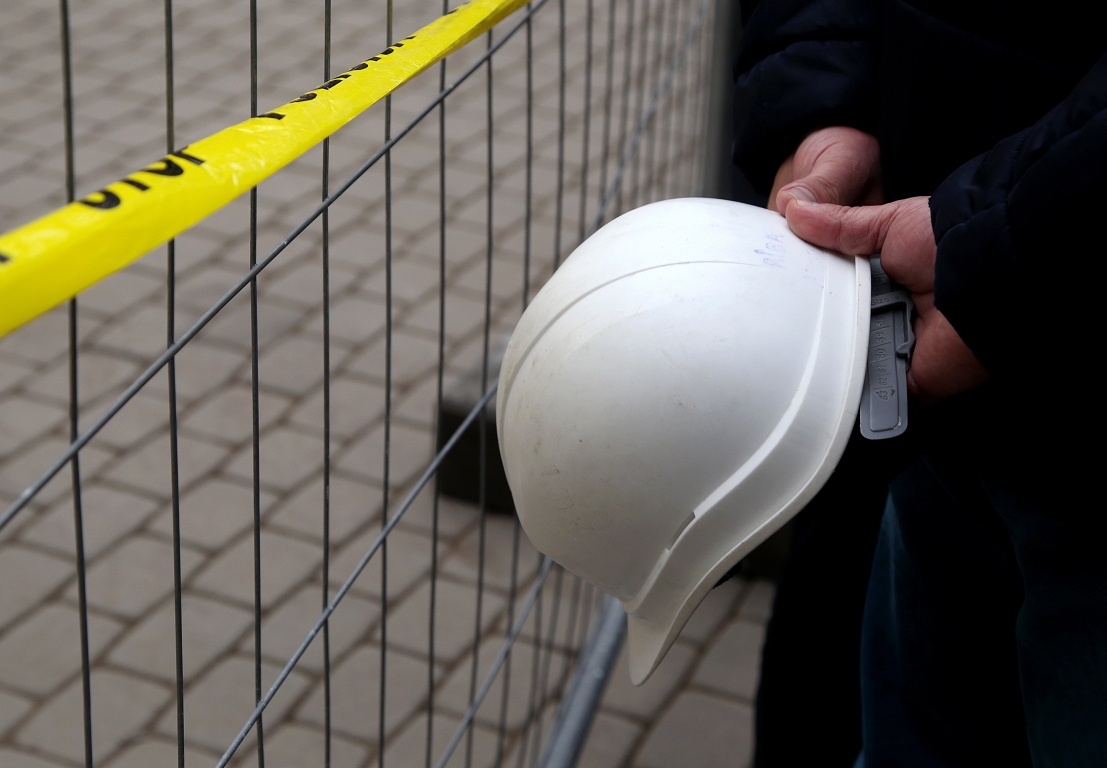Conflict of the State and University of Serbia: Vivid memory of ‘Seselj’ Law from 1998. – BBC News in Serbian
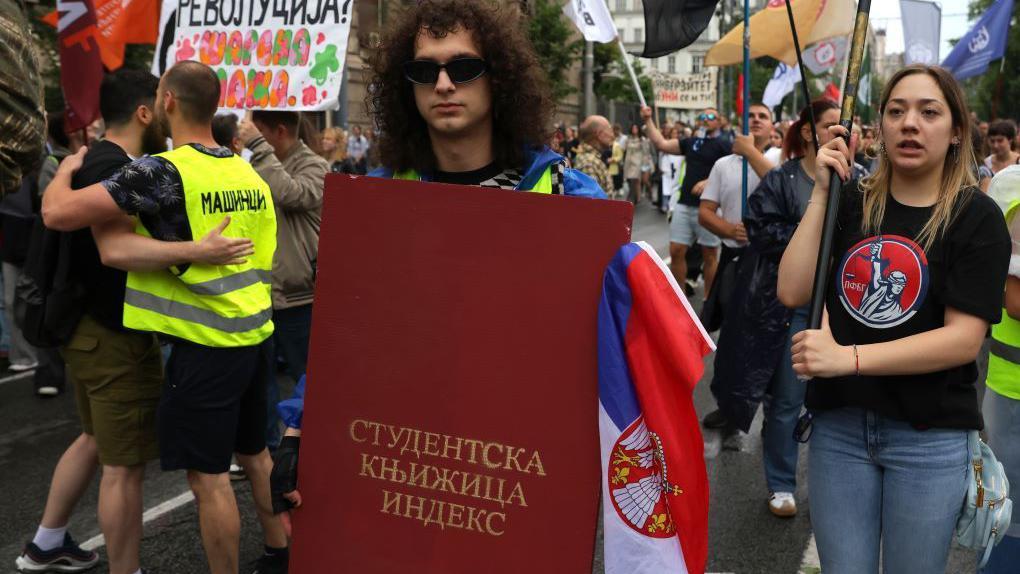
Representatives of higher education in Serbia fear that after 27 years since the dispute law was adopted by the university autonomy, the past could be repeated.
Fears are founded in announcements that the Law on Higher Education will be changed again and the relationship between the authorities to universities since the start of student blockades.
« All power is on the side of the authorities – can change laws and decides money as they want.
« At the University’s side, I hope, solidarity of students and professors, » says Aleksandra Krstić, professor of the Faculty of Political Sciences, for the BBC in Serbian.
The state and higher education conflict happens in the United States, the previous months of the President Donald Tramp leading a dispute with universities across the country, and above all with prestigious Harvard.
Responding to multimedic student blockades, the Serbian government has changed regulations and reduced salaries to professors who do not hold classes.
Some of them received only a few thousand dinars in April.
The academics now fear that new regulations could further reduce money for state colleges by giving preference to private, which is more indirectly more than once He spoke the president of Serbia Aleksandar Vučić.
« I don’t know how to worry when the documents (draft) does not have any internal consultations, no different versions of the Law on various stories, » says Minister of Education Dejan Vuk Stankovic for the BBC in Serbian.
He did not want to talk about this topic.
While waiting for the draft, many summarized the notorious law on universities adopted votes of socialists, Juljaks and Radicals 26. May 1998. years.
It was revenge of academic workers who supported student demonstrations against Slobodan Milosevic’s regime a year earlier, caused by theft in local elections.
Persecution and cancellations to teachersThe presence of the police and a briefcut margins in college hallways, intimidation and search on the entrances were in some faculties of everyday life.
« All autonomy was transferred to a state that could decide everything about everything.
« It was a complete collapse, because there was an autonomy of the University The only guarantor that there are any elements of freedom and its significance transcends the academic community, » says Jelena Djordjevic, a professor of political sciences in retirement, for the BBC in Serbian.
The law was abolished in 2002. years, and at the current regulations, the State funds universities, but they independently bring key decisions about their own destiny.
‘Spas University’
Under the gloomy sky, professors and students were standing on a strong shower, next to each other in front of the Serbian government. May 2025
The informal group « Rebelled University » called for a set asking for more than one of the extraordinary parliamentary elections and dissolve the working group whose task is to draft the Law on Higher Education.
« The fate of the University will be resolved in the end in the elections, » says Jelena Teodorović, Professor at the Faculty of Pedagogical Sciences of Kragujevac University.
« No arguments can convince this government to change something, because they are waited by evil intention to destroy the university financially, and that the autonomy is taken away », speaks.
A few days earlier, the rector’s colleges of the University offered « Initiative for the Salvation of the University of Belgrade »in which partial return to classes are proposed to continue blockages.
Faculties can no longer withstand unused multimedic pressures to which they are exposed – account blockages, existential vulnerability and employee losses, lawsuits, lawsuits, writes in the initiative.
The current situation, Aleksandra Krstić describes as « unbearable ».
« If it continues like this, we will fail economically completely, and students will be divided, » he says.
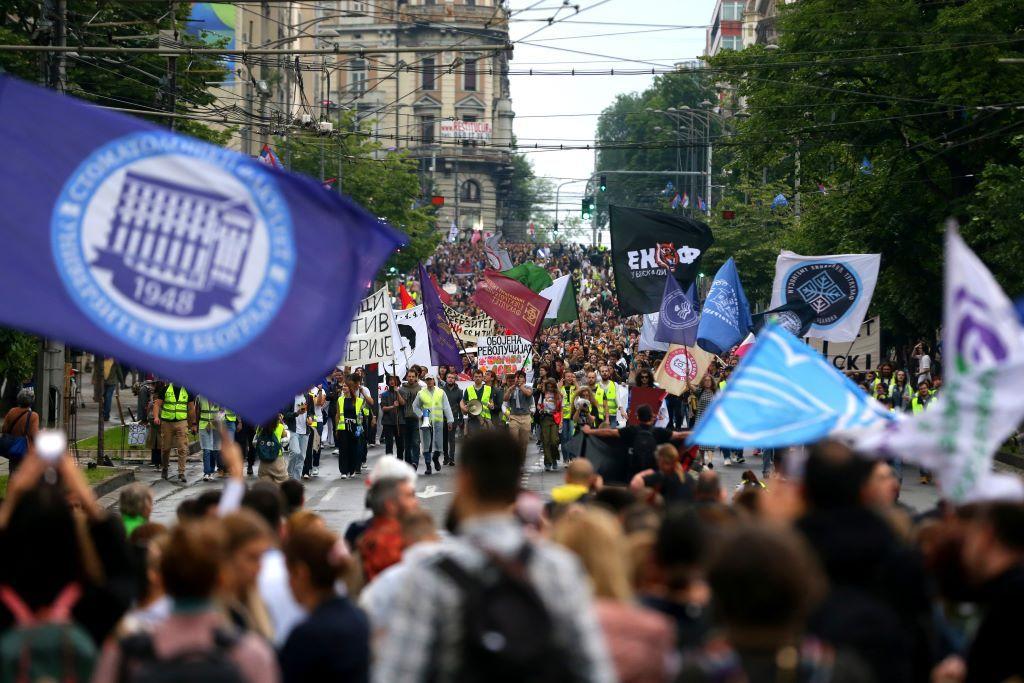
While speaking, down one of the central Belgrade streets, Kneza Miloš descends a large group of students, led by young men with a recognizable transparency « Machinery against machinery ».
The column extends from the building of the Government to the Pioneering Park, and among them, Ružica Simić, a student of the Faculty of Technology and Metallurgy in Belgrade.
« Reduction of salaries and pressures on professors are real and we have understanding for them, » Simic says.
« But we won’t let me cover. This is a moment to show the teeth and that the blockade continues to fulfilling the request, » says.
« And to continue classes, pressures will not stop. Only then will, in that break point, be the biggest », believes.
As professors, and that formation of the working group for drafting the law sees as further pressure on the University.
« Education does not appreciate.
« Our blockades began for suffering 16 people who died in the fall of canopies due to unprofessional papers, » he says.
What is known about the amendments to the Law on Higher Education?
A little bit.
The newly elected government has made a working group for higher education.
Has two tasks: To analyze the current work of the University and propose new forms of « sustainable » financing and to draft the Law on Higher Education.
« Funding of private universities from the budget can be expected, the arrival of foreign universities, shifts of deans and the installation of governments by the authorities, » said the rector’s collegium and the Deans in Belgrade.
Professor Teodorović is especially concerned with the possible privileged position of private faculties in the future.
« There would be long-term consequences for the whole company.
« Education will become a privilege of the rich, and in addition, quality will come, which will feel very quickly, » he says.
The government intended to change the Law on Higher Education last year, so foreign private faculties can work in Serbia without checking through which domestic universities pass.
Under pressure from the public It has been abandoned.
Law on Higher Education changed in March 2025in order to meet the fourth request of the budget increase, and the changes were all more or less satisfied.
After these concessions to the academic community, the government made a turn and changed the regulations so that the professors’ salaries are calculated primarily on the basis of classes held, not scientific work.
« These changes have turned us into teachers, can’t be able to do our job, and it is scientific research, » says Jelena Djordjevic, who is a member of the Political Council of the Opposition Party of the Movement of Free Citizens.
« Employees are pressed in the most enduring way, it is hit on their elementary rights, » he adds.
See what the contramination of the authorities in 1996 looked like
« Seselj’s law »
Djordjevic knows well what pressures in college look like.
When in 1998, the University Law was passed, the authority set up his people in the place of Dean, which had some use of the calculation with employees who were loud critics of Slobodan Milosevic’s regime.
The employees were then asked to sign new employment contracts, which Djordjevic refused.
« They wanted to agree to supporting universities.
« I can’t praise that the academic community has shown, a small number of people decided that at all costs do not agree, » he says.
She says she was ready to be kicked off the faculty although she had no alternative – the financial situation, she said, « catastrophic ».
« I couldn’t bear to put on and agree to the requests of the authorities, » he says.
The then government has a law explained as a way that the university becomes more effective. «
« Support to professors at the time was not thoroughly as a rebellion of the year before that led to the adoption of that law, » he says.
Professors who refused to sign a new contract were expelled or were exchanged at faculties.
« During the bombing in 1999. year, officials in colleges were organized.
« Menu and colleagues, which we have not signed contracts, is said that we are not welcome on calls, because we look at ourselves as ‘locators’, » he talks about the event that remained regulated.
The University Law will be remembered in public as « Seselj’s law », according to the leader of the Serbian Radical Party, the then vice president of the Government, who was one of his loudest advocates.
The Minister of Information in that Government was the then official of Radical 28-year-old Aleksandar Vučić, today’s president of Serbia.
Seselj was convicted of crimes against humanity before a mechanism for international criminal courts in The Hague 2018 years.
Previously, today’s ruling Serbian advanced party was created, whose representatives are now accusing professors who supported student blockages for destroying the education system.
« Now, ourselves opened the door to ourselves in a variety of ways in various ways, in Serbia, we will change and change, » said Vučić, a recent state effort to come to Serbia to foreign faculties.
He has accused the professors and teachers that they « conducted a colored revolution ».
« They will have to be responsible for the abdominals that they did. The awesome crime was committed against Serbia. Awesome, » Vučić said.
‘This is not 1998’
The opportunities are not the same as 27 years ago, Professor Djordjevic believes.
« After sanctions, hunger, inflation, war, we were an acorned people at the edge of strength. The weakness of the academic community was also a consequence of all that happened from the disintegration of Yugoslavia.
« This time the academic community will behave differently. I am convinced that the State of Sirs in the failure will not allow this rule to subside, » says Djordjevic.
Under the financial pressure of the state, individual faculties turned online.
By 20. May, online teaching were introduced by universities in Kragujevac and Novi Pazar, with another 59 individual faculties in other cities in Serbia, Data is a national accreditation body.
What is approved online teaching, does not mean that it is held as conceived, because at many faculties, students are opposed.
« I don’t want to study in such a way, » says Ruzica Simic.
« We entered the blockade aware that we can lose a year.
« Online classes is not a solution, we cannot compensate the semester and thus. We should be quality engineers, not like those who led to a drop in the canopy, » she says.
Aleksandra Krstić from FPN believes that a new strategy for student requirements must be found.
« We can’t let it happen again in 1998, because she was also past – but not to make a harder situation by losing solidarity with students and between universities.
« The struggle for the university is not only a struggle for good laws, but is primarily a struggle for preserving the unity of students and professors, » he concludes.
The BBC in Serbian is from now on and on the morning, follow us Here.
Follow us on Facebook, Twitter, Instagram and Vajiberu. If you have a topic suggestion for us please contact (Email Protected)

